|
I'm going to get right down to business today when talking about mosquito spraying. I understand that people hate mosquitoes for the annoying itchy bite they give and more so for the fact that they can transmit diseases. But widespread pesticide spraying is killing a lot more than just mosquitoes. With that being said, I want you to think for a minute about the effects of blanket pesticide spraying over entire areas (by truck and/or by helicopter) on our environment and our fragile ecosystem. In April 2016, researchers reported that honeybee keepers lost 44 percent of their colonies in the prior 12 months. That's up from 42.1 percent in 2015 and 39 percent in 2014. 2015 was the first time in history that beekeepers lost more bees during the summer than in the winter. If colony collapse disorder continues at the current rate, managed honeybees will disappear by 2035. Colony collapse disorder was recognized as a serious threat in 2006. Scientists suspected viruses, pesticides, and fungicides made the bees vulnerable to mites. Are They Spraying Your Backyard?We live in Massachusetts where the chemicals used to control the mosquito population (synthetic pyrethroid pesticides) are HIGHLY toxic to freshwater aquatic organisms including fish and aquatic invertebrates and are also HIGHLY toxic to honey bees. This is clearly stated on the product labels. Because of this, I'm asking you to take 2 minutes to opt yourself and your property OUT of mosquito spraying this year with the easy online application. Click the button below to opt-out at your house. The bees, butterflies, hummingbirds, and more will thank you later. Once you complete the online application to opt out of mosquito spraying, you should place "No Spray" signs in your yard as mentioned in the application process. You can make your own if you wish, or you can purchase this awesome sign from a local owner and beekeeper of Beverly Bees, a sustainable, organic beekeeping and bee removal company located in Beverly, Massachusetts. These No Spraying Signs stand out and will get people thinking about protecting honey bees and other pollinators from pesticide sprays. It will also remind the person spraying that you have opted your property out of mosquito spraying. Widespread mosquito pesticide spraying is killing our precious pollinators as well as beneficial bugs that eat mosquitoes. That's why you should opt out of mosquito spraying on your yard. But that does not mean you shouldn't take measures to protect yourself from mosquito bites since some of the diseases they spread can be serious. Here are some easy and environmentally friendly ideas you can try to help avoid getting bit by mosquitoes: Protect Yourself 1. Avoid areas where mosquito borne diseases are more prevalent. A simple google search can help you avoid hot spots for diseases such as dengue and yellow fever. 2. Avoid going outside at certain times of day like dusk and dawn when mosquitoes are more active. 3. If you do go outside during peak mosquito times, wear clothing that covers exposed skin. Long sleeves and pants will help protect you against mosquito bites. 4. Use TOXIC FREE insect repellent on your exposed skin. We have found an absolutely incredible Certified Organic spray that you and your family can use on your skin to repel mosquitos. This Certified Organic Pest Protection Spray by Poofy Organics is made with safe natural ingredients. Check out the following link to look at the ingredient list and also to give you ideas of plants to grow in your yard to repel mosquitoes even more!
|
Growing Ambition BlogWe'll cover a number of topics here from environmental issues to plant based recipes and everything in-between Archives
March 2020
Categories
All
|
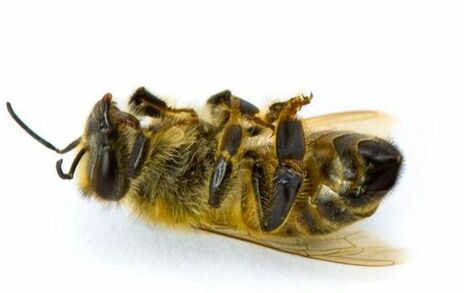
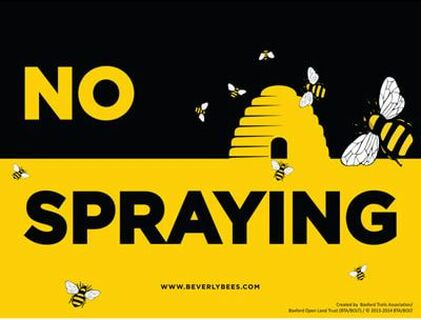
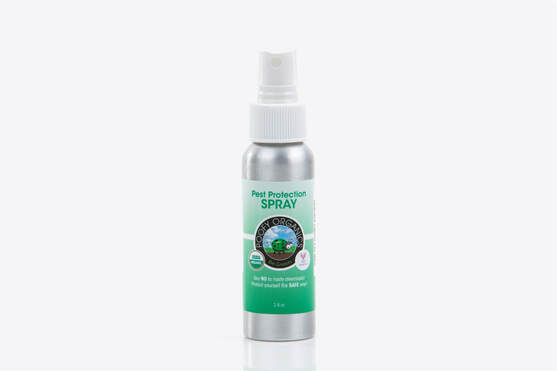
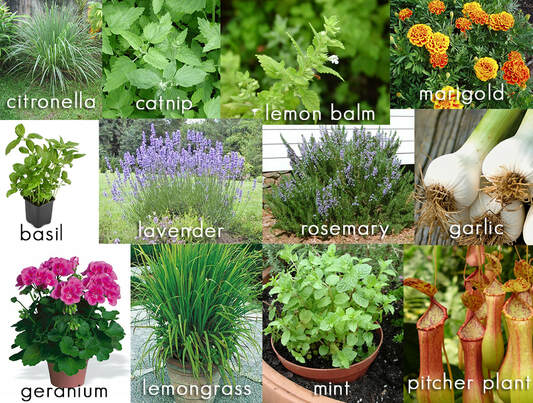
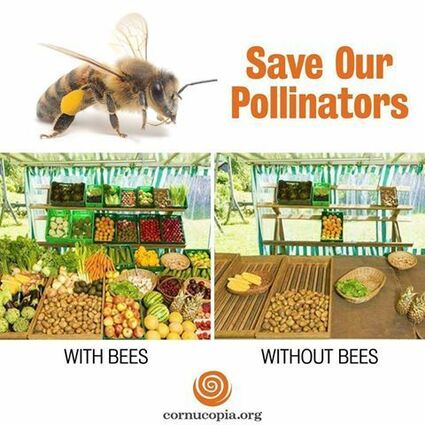
 RSS Feed
RSS Feed